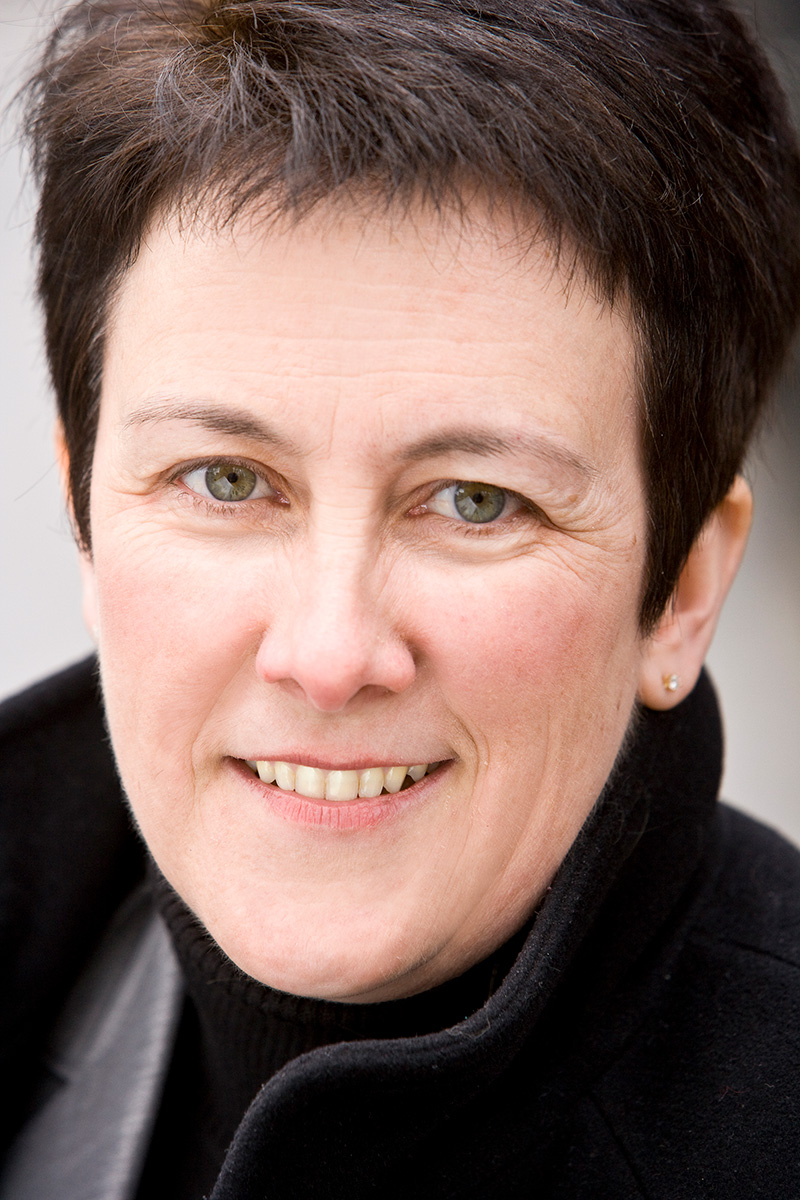Jennifer Higdon

Born: 1962, Brooklyn, New York
Jennifer Higdon is one of America’s most acclaimed figures in contemporary classical music, receiving the 2010 Pulitzer Prize in Music for her Violin Concerto, a 2010 Grammy for her Percussion Concerto, a 2018 Grammy for her Viola Concerto and a 2020 Grammy for her Harp Concerto. Higdon’s first opera, Cold Mountain, won the International Opera Award for Best World Premiere and the opera recording was nominated for two Grammy Awards.
In 2018, Higdon received the prestigious Nemmers Prize, awarded to contemporary classical composers of exceptional achievement who have significantly influenced the field of composition. Most recently, she was inducted into the American Philosophical Society and the American Academy of Arts and Letters.
Higdon enjoys several hundred performances a year of her works, and blue cathedral is today’s most performed contemporary orchestral work, with more than 850 performances worldwide. Her works have been recorded on more than 70 CDs.
Her music is published exclusively by Lawdon Press.
blue cathedral
- Composed: 2000
- Premiere: 2000, Curtis Institute of Music
- Instrumentation: 2 flutes (incl. piccolo), oboe, English horn, 2 clarinets, 2 bassoons, 4 horns, 3 trumpets, 3 trombones, tuba, timpani, bass drum, bell tree, chimes, crotales, glockenspiel, marimba, sizzle cymbal, suspended cymbals, tam-tam, tom-tom, triangles, vibraphone, harp, celeste, piano, strings (various orchestra members double on crystal glasses (horns, trombones, tuba) and Chinese bells (strings)
- CSO Notable Performances: These are the first CSO performances of blue cathedral
- Duration: approx. 11 minutes
Higdon describes blue cathedral as follows:
Blue … like the sky. Where all possibilities soar. Cathedrals … a place of thought, growth, spiritual expression … serving as a symbolic doorway into and out of this world. Blue represents all potential and the progression of journeys. Cathedrals represent a place of beginnings, endings, solitude, fellowship, contemplation, knowledge and growth. As I was writing this piece, I found myself imagining a journey through a glass cathedral in the sky. Because the walls would be transparent, I saw the image of clouds and blueness permeating from the outside of this church. In my mind's eye the listener would enter from the back of the sanctuary, floating along the corridor among giant crystal pillars, moving in a contemplative stance. The stained-glass windows' figures would start moving with song, singing a heavenly music. The listener would float down the aisle, slowly moving upward at first and then progressing at a quicker pace, rising toward an immense ceiling which would open to the sky … as this journey progressed, the speed of the traveler would increase, rushing forward and upward. I wanted to create the sensation of contemplation and quiet peace at the beginning, moving toward the feeling of celebration and ecstatic expansion of the soul, all the while singing along with that heavenly music.
These were my thoughts when the Curtis Institute of Music commissioned me to write a work to commemorate its 75th anniversary. Curtis is a house of knowledge — a place to reach toward that beautiful expression of the soul which comes through music. I began writing this piece at a unique juncture in my life and found myself pondering the question of what makes a life. The recent loss of my younger brother, Andrew Blue, made me reflect on the amazing journeys that we all make in our lives, crossing paths with so many individuals singularly and collectively, learning and growing each step of the way. This piece represents the expression of the individual and the group … our inner travels and the places our souls carry us, the lessons we learn, and the growth we experience. In tribute to my brother, I feature solos for the clarinet (the instrument he played) and the flute (the instrument I play). Because I am the older sibling, it is the flute that appears first in this dialog. At the end of the work, the two instruments continue their dialogue, but it is the flute that drops out and the clarinet that continues the upward-progressing journey.
This is a story that commemorates living and passing through places of knowledge and of sharing and of that song called life.
This work was commissioned and premiered in 2000 by the Curtis Institute of Music.